Publications by Faculty and Postdoctoral Fellows
2024
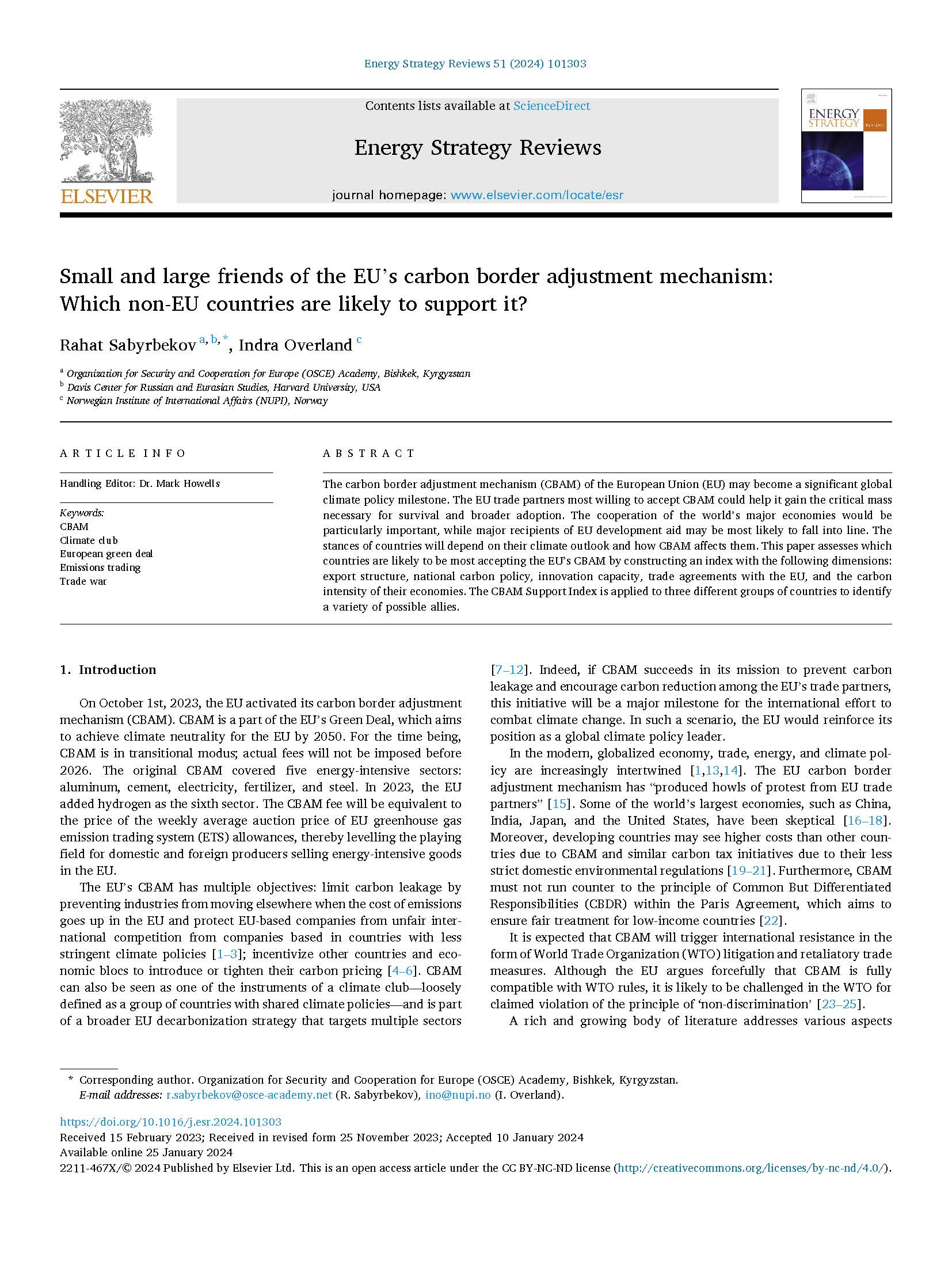
by Rahat Sabyrbekov, Postdoctoral Research Fellow, OSCE Academy and Indra Overland, Head of the Research Group on climate and energy, Norwegian Institute of International Affairs
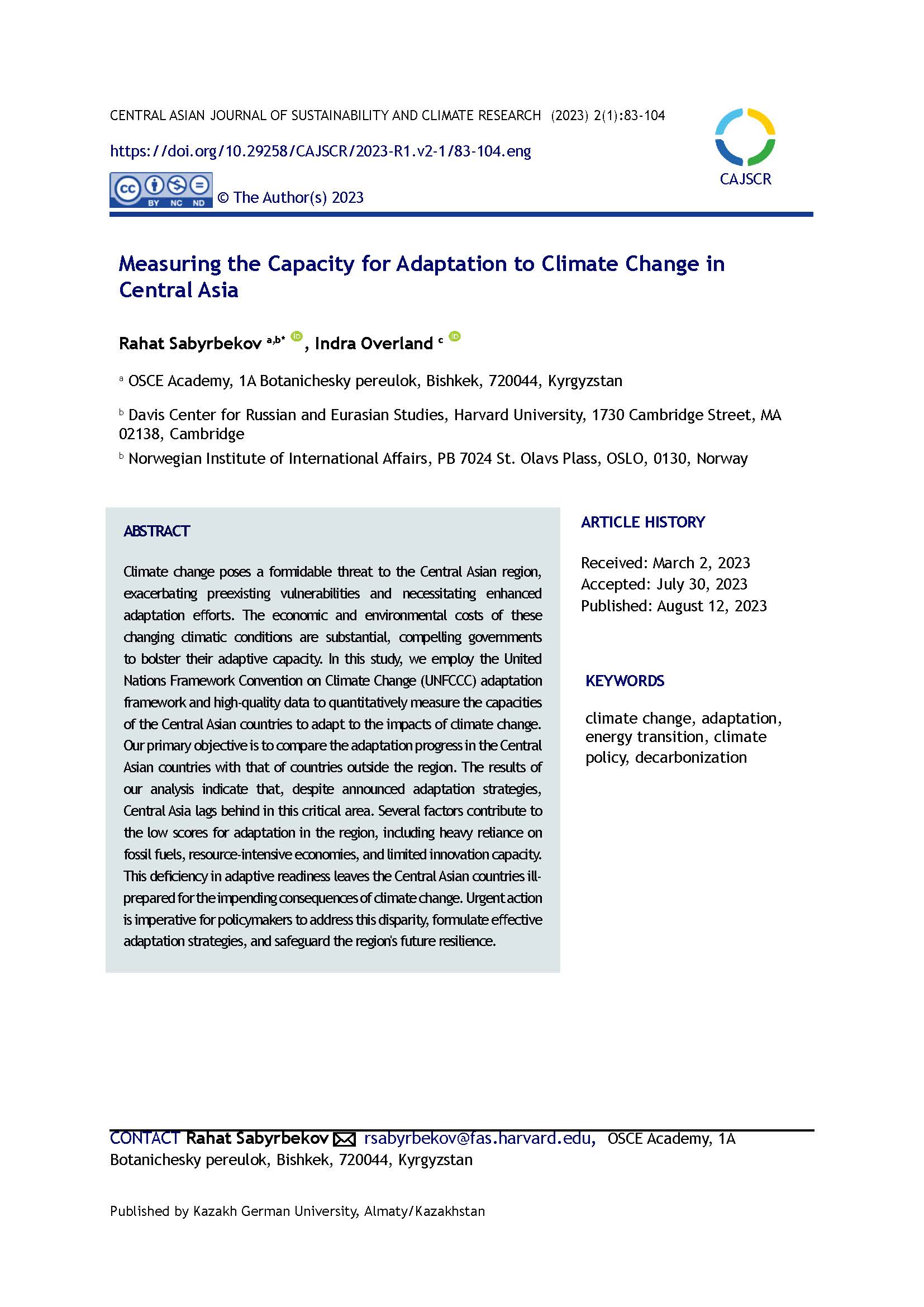
Measuring the Capacity for Adaptation to Climate Change in Central Asia
by Rahat Sabyrbekov, Postdoctoral Research Fellow, OSCE Academy and Indra Overland, Head of the Research Group on climate and energy, Norwegian Institute of International Affairs
2022
edited By Viktoria Akchurina, Vincent Della Sala
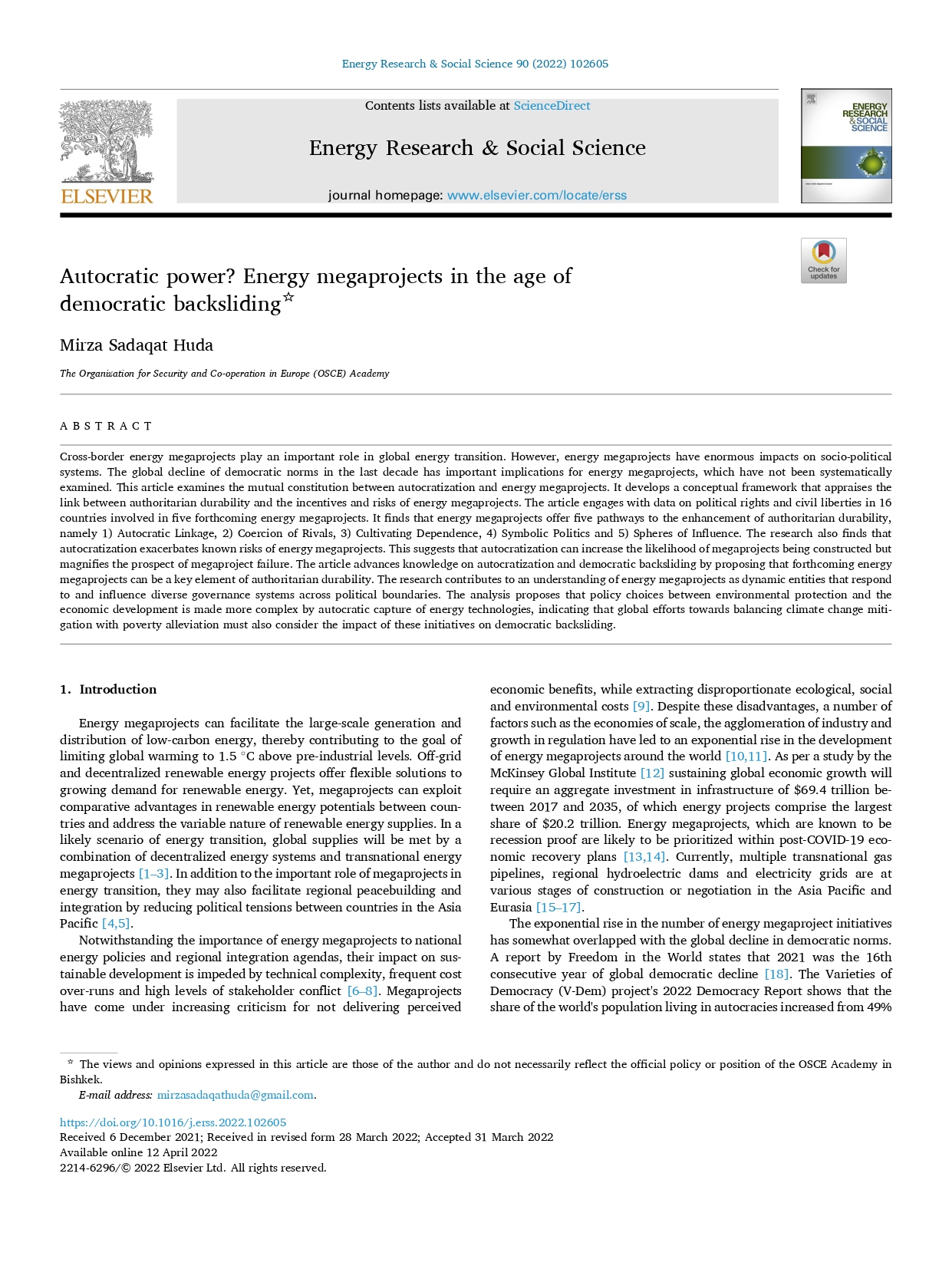 Autocratic power? Energy megaprojects in the age of democratic backsliding
Autocratic power? Energy megaprojects in the age of democratic backsliding
by Mirza Sadaqat Huda, Postdoctoral Research Fellow, OSCE Academy
2021
edited by Anja Mihr (OSCE Academy), Gert Pickel, and Susanne Pickel
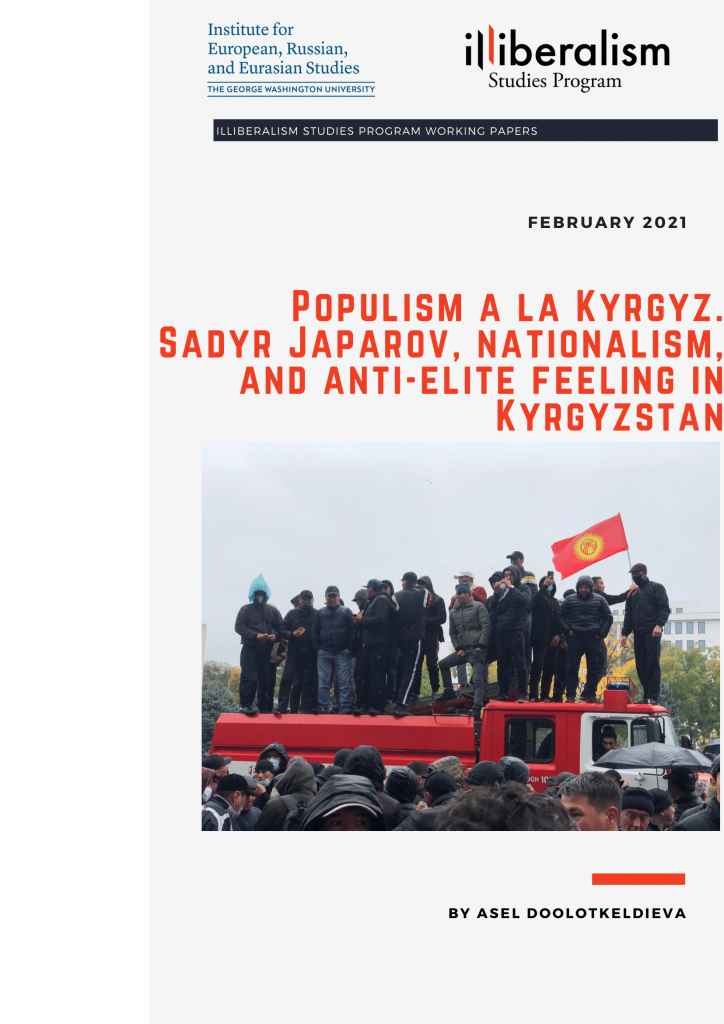 Populism à la Kyrgyz: Sadyr Japarov, Nationalism, and Anti-Elite Sentiment in Kyrgyzstan
Populism à la Kyrgyz: Sadyr Japarov, Nationalism, and Anti-Elite Sentiment in Kyrgyzstan
by Asel Doolotkeldieva, Faculty Member, OSCE Academy
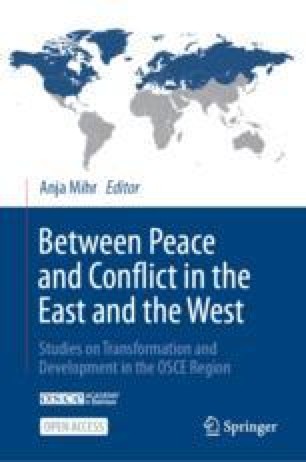 The 2020 Violent Change in Government in Kyrgyzstan Amid the Covid-19 Pandemic: Three Distinct Stories in One
The 2020 Violent Change in Government in Kyrgyzstan Amid the Covid-19 Pandemic: Three Distinct Stories in One
by Asel Doolotkeldieva, Faculty Member,OSCE Academy
Chapter in Between Peace and Conflict in the East and the West by Anja Mihr, Faculty Member,OSCE Academy
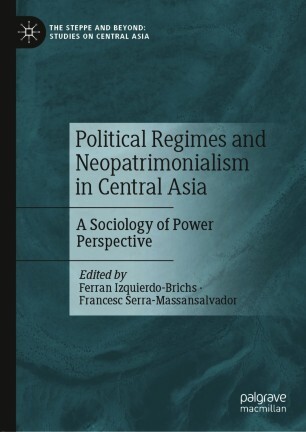 Kyrgyzstan and Intermingling of Elites: From a State of Enlightenment to a Shadow State
Kyrgyzstan and Intermingling of Elites: From a State of Enlightenment to a Shadow State
by Viktoria Akchurina, Faculty Member, OSCE Academy
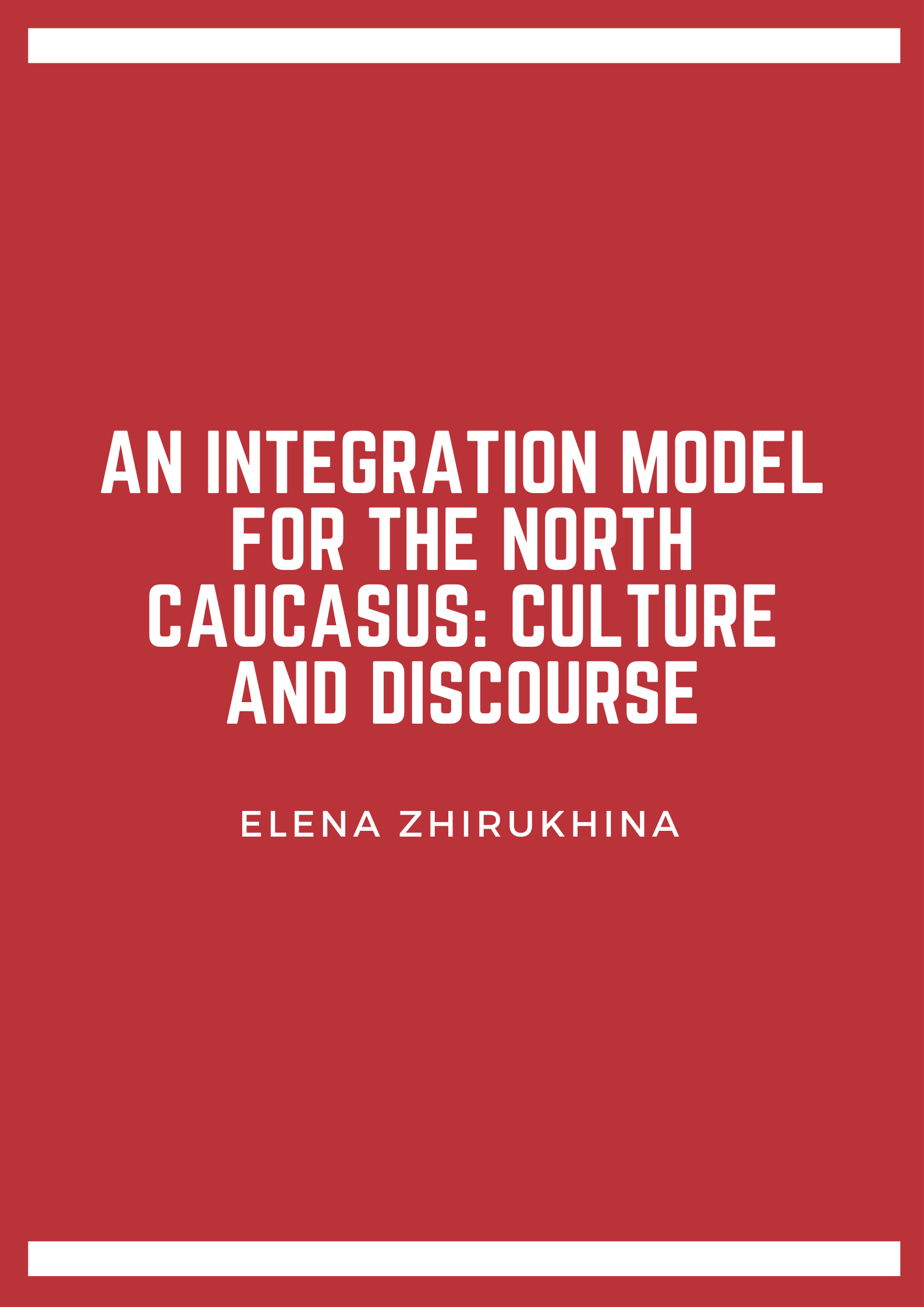 An Integration Model for the North Caucasus: Culture and Discourse
An Integration Model for the North Caucasus: Culture and Discourse
by Elena Zhirukhina, Faculty Member, OSCE Academy
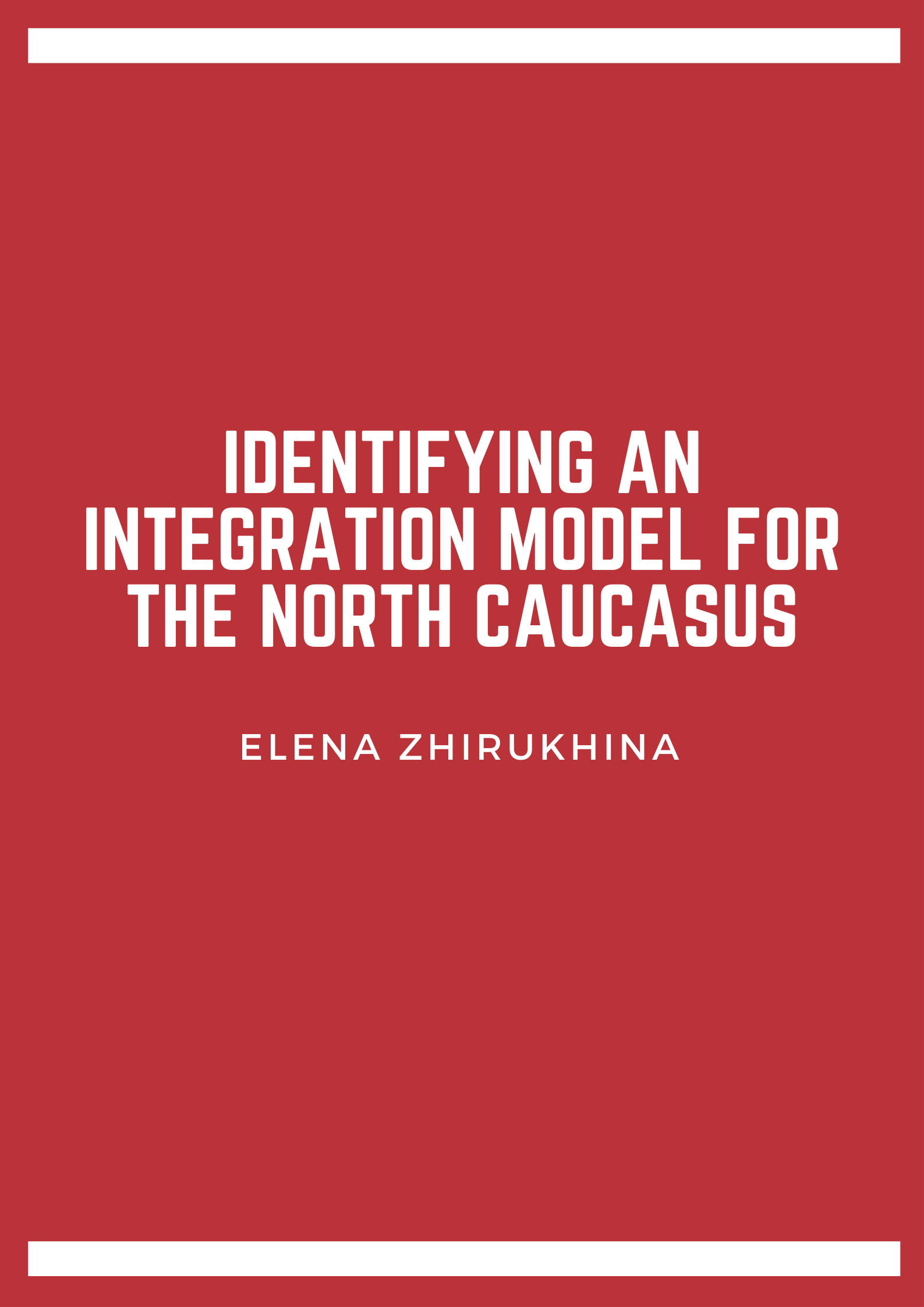 Identifying an Integration Model for the North Caucasus
Identifying an Integration Model for the North Caucasus
by Elena Zhirukhina, Faculty Member, OSCE Academy
 The Afghan Crisis: A Chance to Strengthen Russia’s Security Influence in Central Asia
The Afghan Crisis: A Chance to Strengthen Russia’s Security Influence in Central Asia
by Elena Zhirukhina, Faculty Member, OSCE Academy
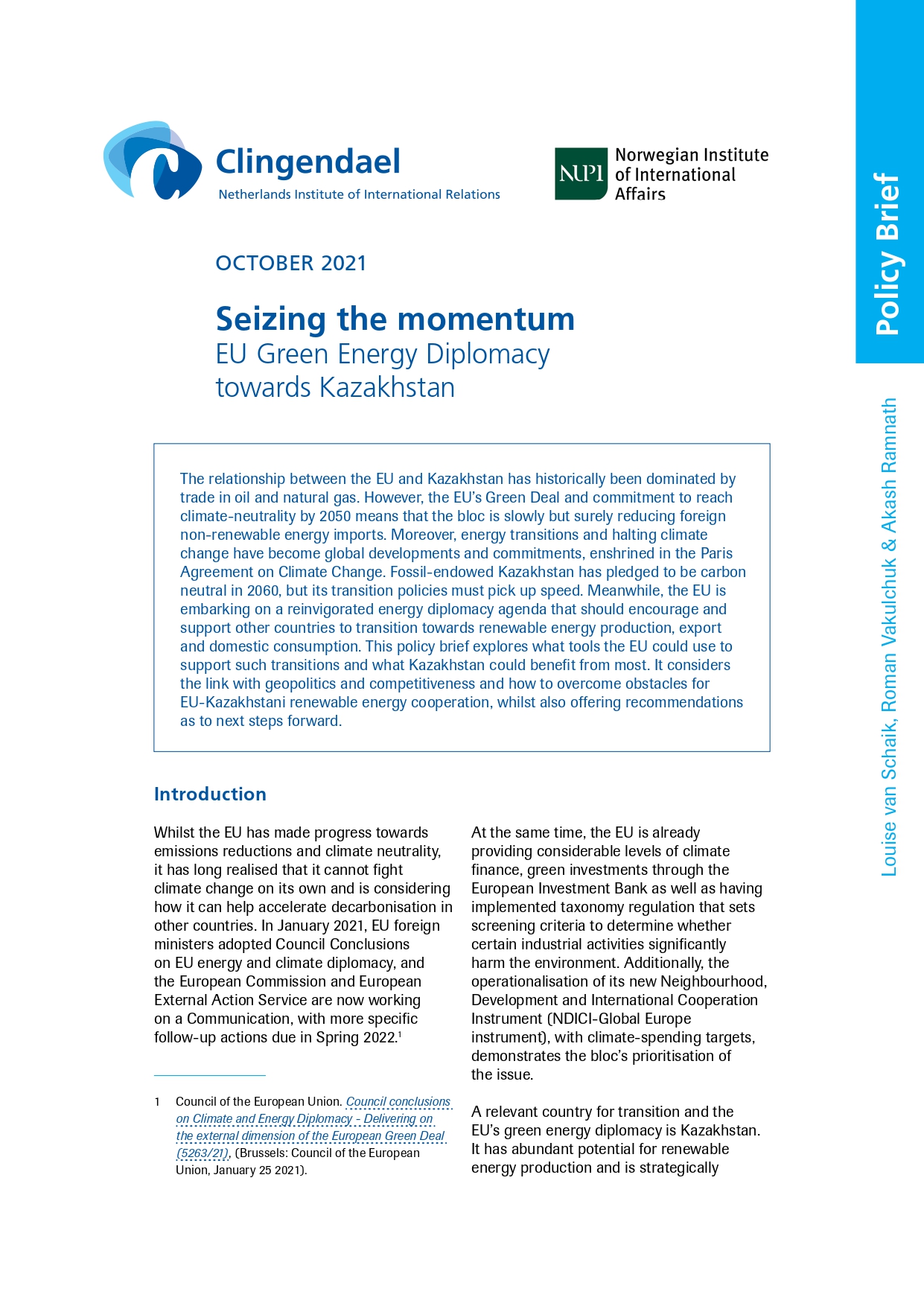 Seizing the Momentum Policy Brief EU Green Energy Diplomacy towards Kazakhstan
Seizing the Momentum Policy Brief EU Green Energy Diplomacy towards Kazakhstan
by Louise van Schaik, Head of Unit EU & Global Affairs/ Senior Research Fellow; Roman Mogilevksii, Senior Research Fellow at Norwegian Institute of international affairs (NUPI); Akash Ramnath, Junior Researcher
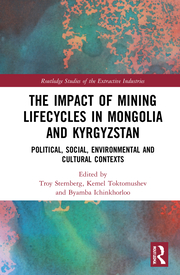 Resource Extraction, Environmental Concerns and Social License to Operate in Kyrgyzstan
Resource Extraction, Environmental Concerns and Social License to Operate in Kyrgyzstan
By Rahat Sabyrbekov, Postdoctoral Research Fellow OSCE Academy; Indra Overland, Senior Researcher, NUPI
This volume investigates how mining affects societies and communities in Mongolia and Kyrgyzstan.
As ex-Soviet states, Mongolia and Kyrgyzstan share history, culture and transitions to democracy. Most importantly, both are mineral-rich countries on China’s frontier and epi-centres of resource extraction. This volume examines challenges communities in these countries encounter on the long journey through resource exploration, extraction and mine closure. The book is organised into three related sections that travel from mine licensing and instigation to early anticipation of benefit through the realisation of social and environmental impacts to finite issues such as jobs, monitoring, dispute resolution and reclamation. Most originally, each chapter will include a final section entitled "Notes from the field" that presents the voice of in-country researchers and stakeholders. These sections will provide local contextual knowledge on the chapter’s theme by practitioners from Mongolia and Central Asia. The volume thereby offers a distinctively grounded perspective on the tensions and benefits of mining in this dynamic region. Using Mongolia and Kyrgyzstan as case studies, the volume reflects on the evolving challenges communities and societies encounter with resource extraction worldwide.
The book will be of great interest to students and scholars of mining and natural resource extraction, corporate social responsibility and sustainable development.
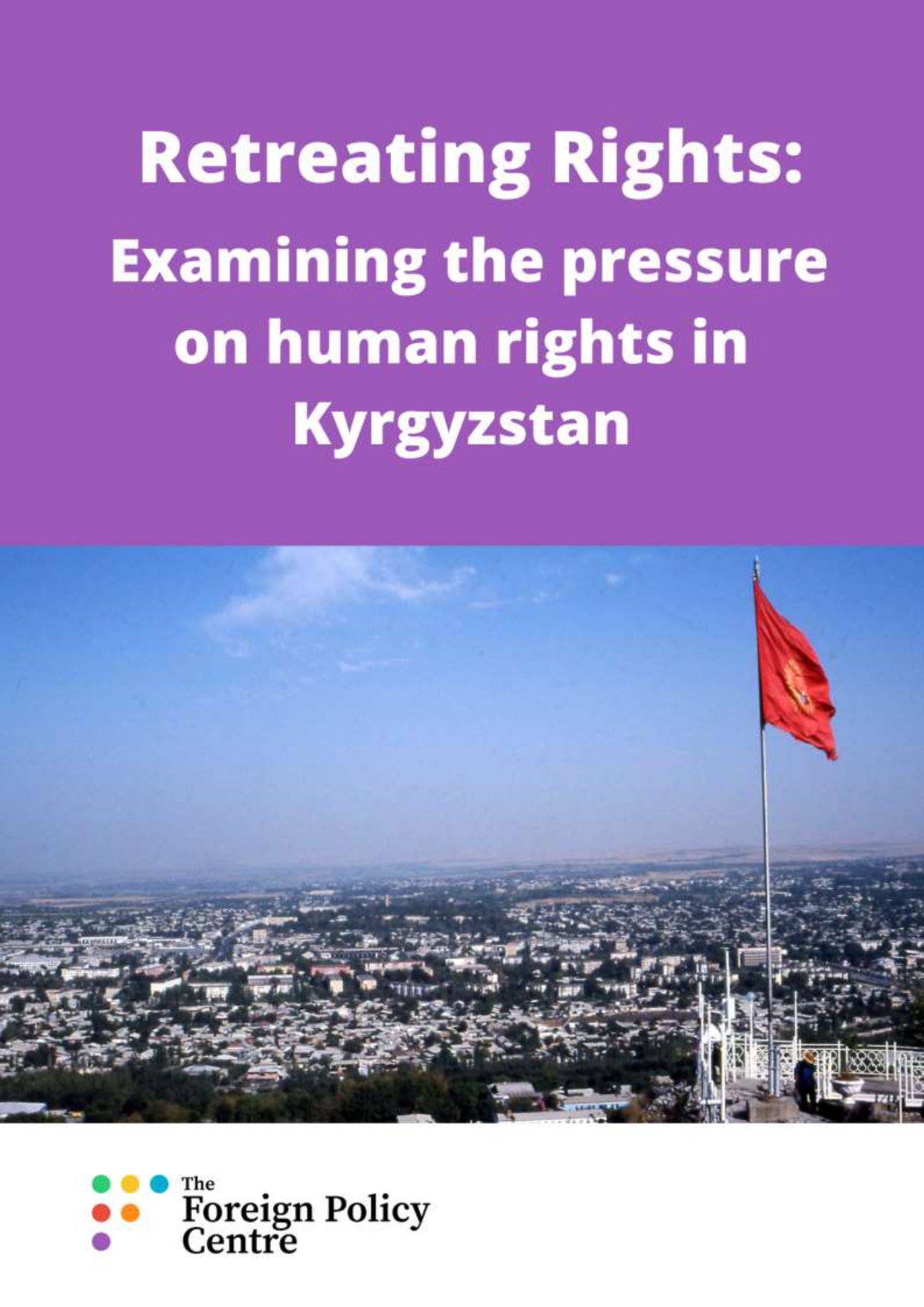 Retreating Rights: Examining the Pressure on Human Rights in Kyrgyzstan
Retreating Rights: Examining the Pressure on Human Rights in Kyrgyzstan
By Dr. Asel Doolotkeldieva, Associate Research Fellow, OSCE Academy; Dr. Aijan Sharshenova, Postdoctoral Research Fellow, OSCE Academy (Download)
This new publication Retreating Rights: Examining the pressure on human rights in Kyrgyzstan shows how the roots of the problem run deep. It explores how a culture of corruption and impunity have been at the heart of Kyrgyzstan’s institutional failings, problems that have sometimes been overlooked or downplayed because of the comparison to challenges elsewhere in Central Asia, but that were ruthlessly exposed by the COVID-19 pandemic.
The publication tries to explain the recent emergence of the new President Sadyr Japarov in the unrest of October 2020 and what it might mean for the future of Kyrgyzstan. An instinctive anti-elite populist with a powerful personal narrative and a past reputation for economic nationalism Japarov is undertaking a rapid consolidation of power, including through controversial constitutional reform.
By Mirza Sadaqat Huda, Postdoctoral Research Fellow, OSCE Academy (Download)
Abstract
The geopolitical and geophysical realities of south Asia create a deep sense of paradox. On the one hand, territorial disputes and hyper-nationalism have resulted in some of the most militarized borders in the world. South Asia's international boundaries are subject to a range of conflicts, which includes high-level armed confrontations between India and Pakistan and low-level, yet deadly, incidents at the India–Bangladesh border. On the other hand, the region's ecology is inherently interlinked through shared rivers, glaciers and forests. South Asia's borders therefore present unique opportunities for environmental peacebuilding, as they are the epicentre of political conflicts as well as the source of transnational ecological connections. This article argues that grassroots processes of environmental peacebuilding can be used to build societal resistance to the rise of ethno-nationalistic populism in south Asia. Using interview data, the article tests concepts on pathways to environmental peacebuilding against underlying drivers of regional conflicts. The study suggests ways by which grassroots environmental initiatives on the Sundarbans forest between India and Bangladesh and the Thar desert between India and Pakistan can address the contemporary rise in nativist politics. The article contributes to existing literature by connecting theories on pathways to environmental peacebuilding to the ideational drivers of territorial and political conflicts. It adds to policy discussions by suggesting an ecological response to the contemporary rise of ethno-nationalistic populism in various regions of the world.
2020
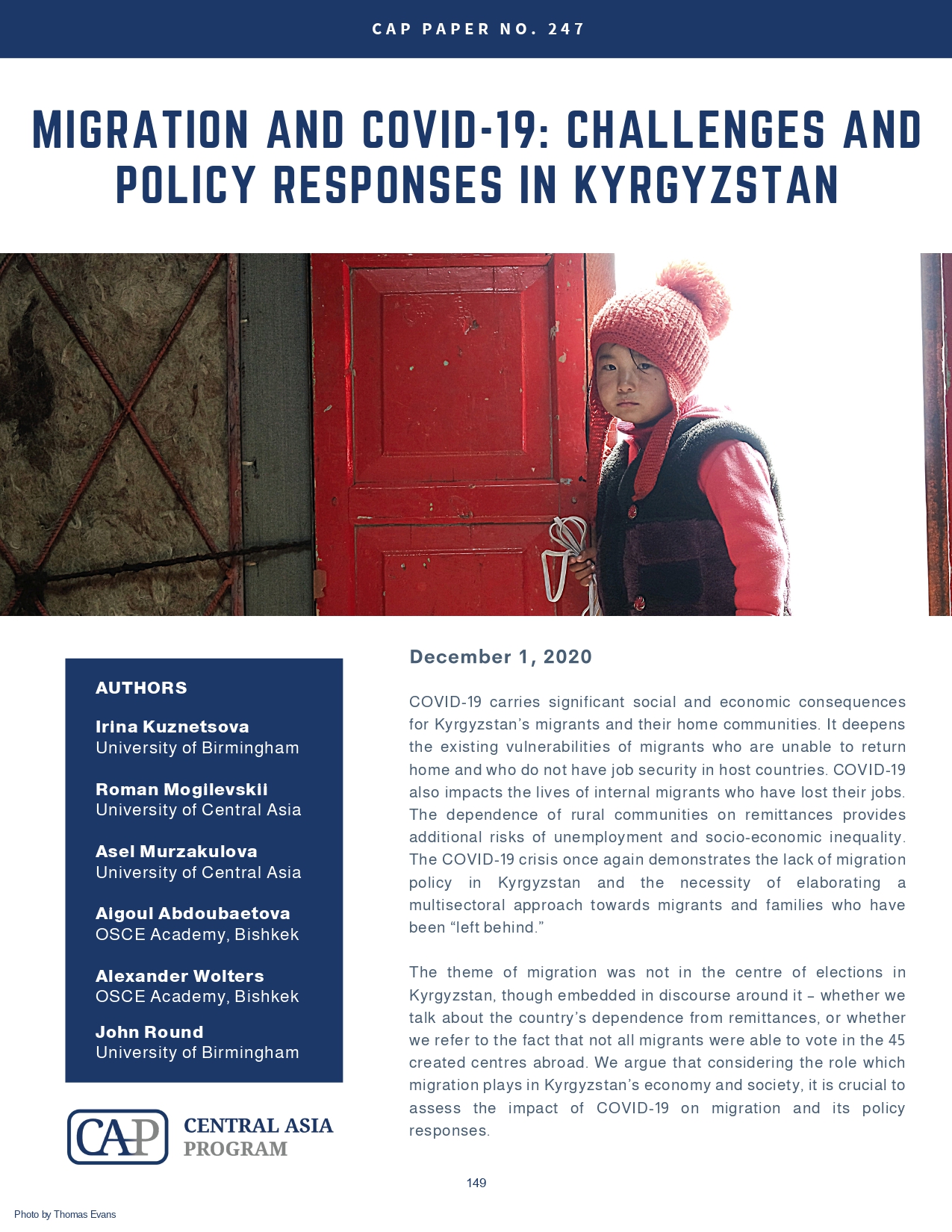 Migration and COVID-19: Challenges and Policy Responses in Kyrgyzstan
Migration and COVID-19: Challenges and Policy Responses in Kyrgyzstan
By Irina Kuznetsova, Roman Mogilevskii, Asel Murzakulova, Aigoul Abdoubaetova, Alexander Wolters, and John Round
COVID-19 carries significant social and economic consequences for Kyrgyzstan’s migrants and their home communities. It deepens the existing vulnerabilities of migrants who are unable to return home and who do not have job security in host countries. COVID-19 also impacts the lives of internal migrants who have lost their jobs. The dependance of rural communities or remmitance providers additional risks of unemployment and socio-economic inequality. The COVID-19 crisis once again demonstrates the lack of migration policy in Kyrgyzstan and the necessity of elaborating a multisectoral approach towards migrants and families who have been “left behind”.
The theme of migration was not in the centre of elections in Kyrgyzstan, though embedded in discourse around it – whether we talk about the country’s dependence from remittances, or whether we refer to the fact that not all migrants were able to vote in the 45 created centres abroad. We argue that considering the role which migration plays in Kyrgyzstan’s economy and society, it is crucial to assess the impact of COVID-19 on migration and its policy response.
Why Choose to Cycle in a Low-Income Country?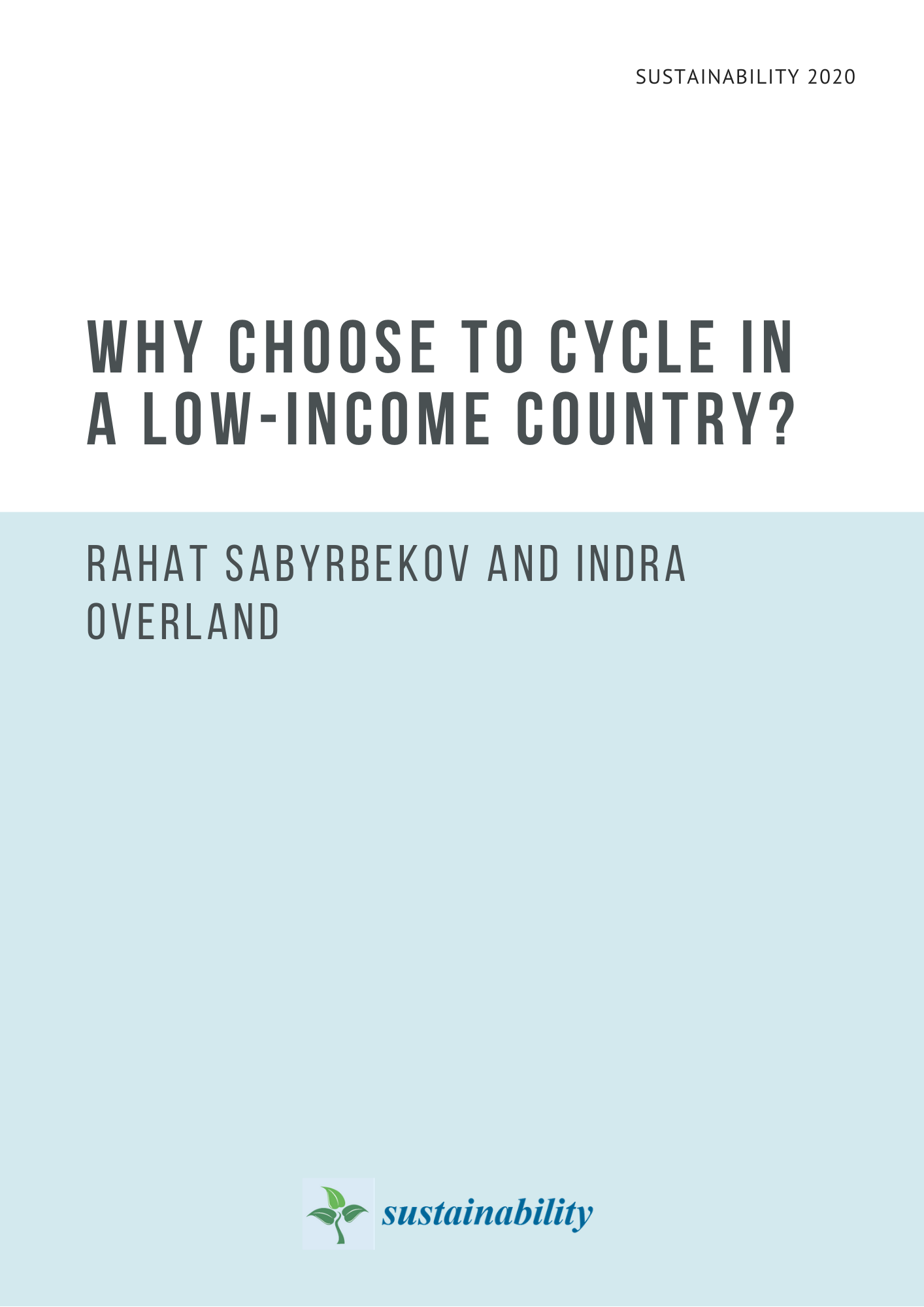
By Rahat Sabyrbekov, Postdoctoral Research Fellow, OSCE Academy; Indra Overland, NUPI Coordinator (Download)
Abstract
Research on the adoption of the bicycle as a means of transport has been booming in high-income countries. However, little is known about bicycle adoption in lower-income countries where air pollution is high and cycling infrastructure is poor. Understanding the drivers of cycling adoption in developing economies can increase the efficiency of transport policies while reducing local air pollution, improving health, and cutting greenhouse gas emissions. The objective of this study is to identify the factors affecting cycling uptake in a low-income country using the city of Bishkek in Kyrgyzstan as a case study. The analysis is based on the Theory of Planned Behavior, a questionnaire-based survey of 900 respondents, factor analysis, and a logit model. In contrast to studies carried out in developed countries, this study finds that students are less likely to adopt cycling than other population groups. Other findings suggest that support for public transport, a desire for regular exercise and perceptions of the environmental benefits of cycling increase the probability of the use of cycling as a mode of transport in a low-income country. The paper also identifies positive and negative perceptions of cycling among cyclists and non-cyclists.
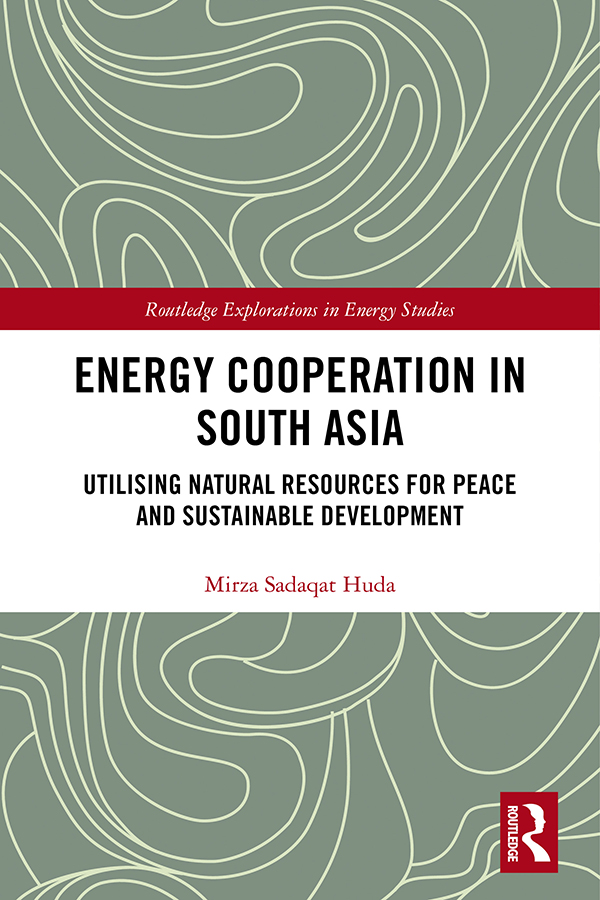 Energy Cooperation in South Asia: Utilizing Natural Resources for Peace and Sustainable Development
Energy Cooperation in South Asia: Utilizing Natural Resources for Peace and Sustainable Development
Mirza Sadaqat Huda, Postdoctoral Fellow, OSCE Academy
This book analyses the key political challenges to regional energy cooperation in South Asia. It argues that investment in the planning of regional energy projects can increase their viability and also drive integration and peacebuilding.
Regional cooperation has been substantiated by academics and multilateral development banks as one of the most viable solutions to South Asia’s crippling energy crisis. However, three decades of national and regional efforts have failed to develop a single multilateral energy project or foster high levels of bilateral cooperation. Using data collected through extensive interviews with policymakers in India, Bangladesh, Pakistan and Nepal, this book identifies the specific roadblocks to energy cooperation – including domestic politics and the failure of leadership on multiple levels - and evaluates how these political challenges determine regional interactions on energy securitisation, environmental cooperation and human rights. Huda then undertakes case studies on four transnational energy projects to highlight specific policy recommendations to overcome these challenges, suggesting planning mechanisms through which the significant issue of energy cooperation in South Asia can be addressed.
This book will be of great interest to students and scholars of energy security and geopolitics, natural resource governance and South Asian politics.
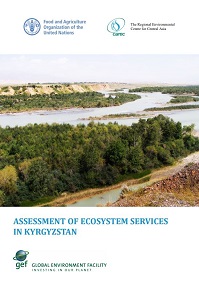 Assessment of Ecosystem Services in Kyrgyzstan
Assessment of Ecosystem Services in Kyrgyzstan
By Rahat Sabyrbekov, Postdoctoral Research Fellow, OSCE Academy (Download)
This book was prepared upon an initiative of the GEF/FAO project on “Sustainable Management of Mountainous Forest and Land Resources under Climate Change Conditions”. It is based on the international experience in implementing the principles of ecosys- tem services provision, the results of CAREC projects on the assessment of ecosystem services and PES, the report of the UNDP/UNEP Poverty and Environment Initiative on the assessment of ecosystem services of the Chon Kemin State Natural Park and the Karakol National Park, and other materials.
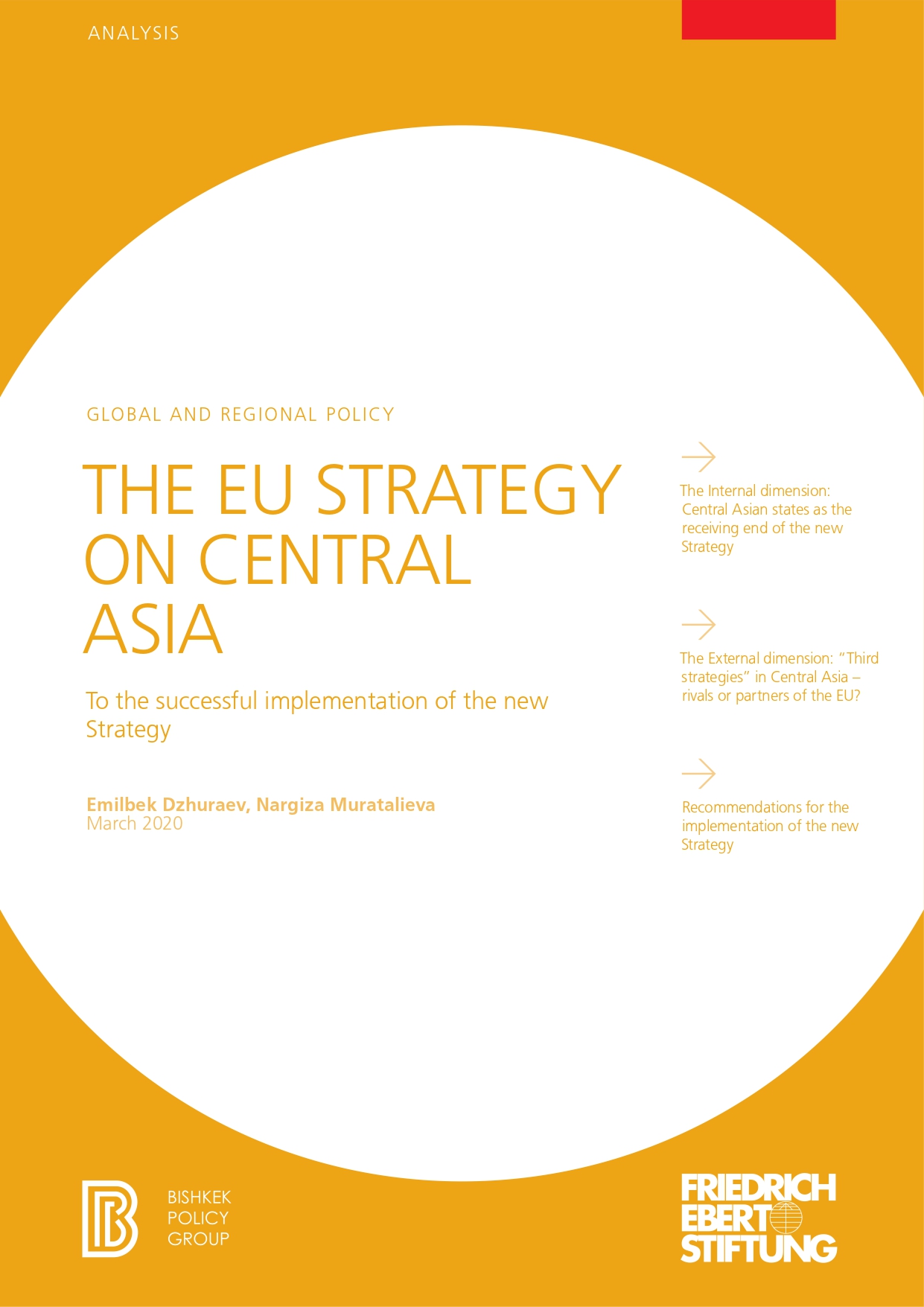 The EU Strategy on Central Asia
The EU Strategy on Central Asia
By Emilbek Dzhuraev (Faculty Member, OSCE Academy), Nargiza Muratalieva (Associate Research Fellow) (Download)
2019
By Aigoul Abdoubaetova, Head of Research and Training Unit, OSCE Academy
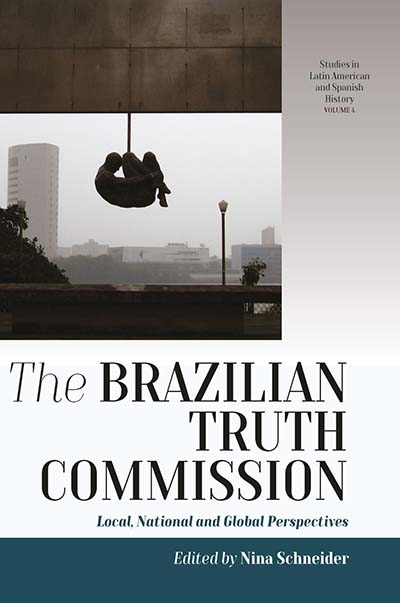 Truth Commissions: A Bottom-Up Approach to Institution-Building
Truth Commissions: A Bottom-Up Approach to Institution-Building
by Anja Mihr, Faculty Member, OSCE Academy
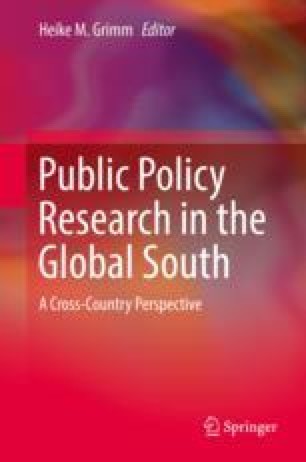 'Glocal' Public Policy in Times of Global Migration
'Glocal' Public Policy in Times of Global Migration
By Anja Mihr, Faculty Member, OSCE Academy
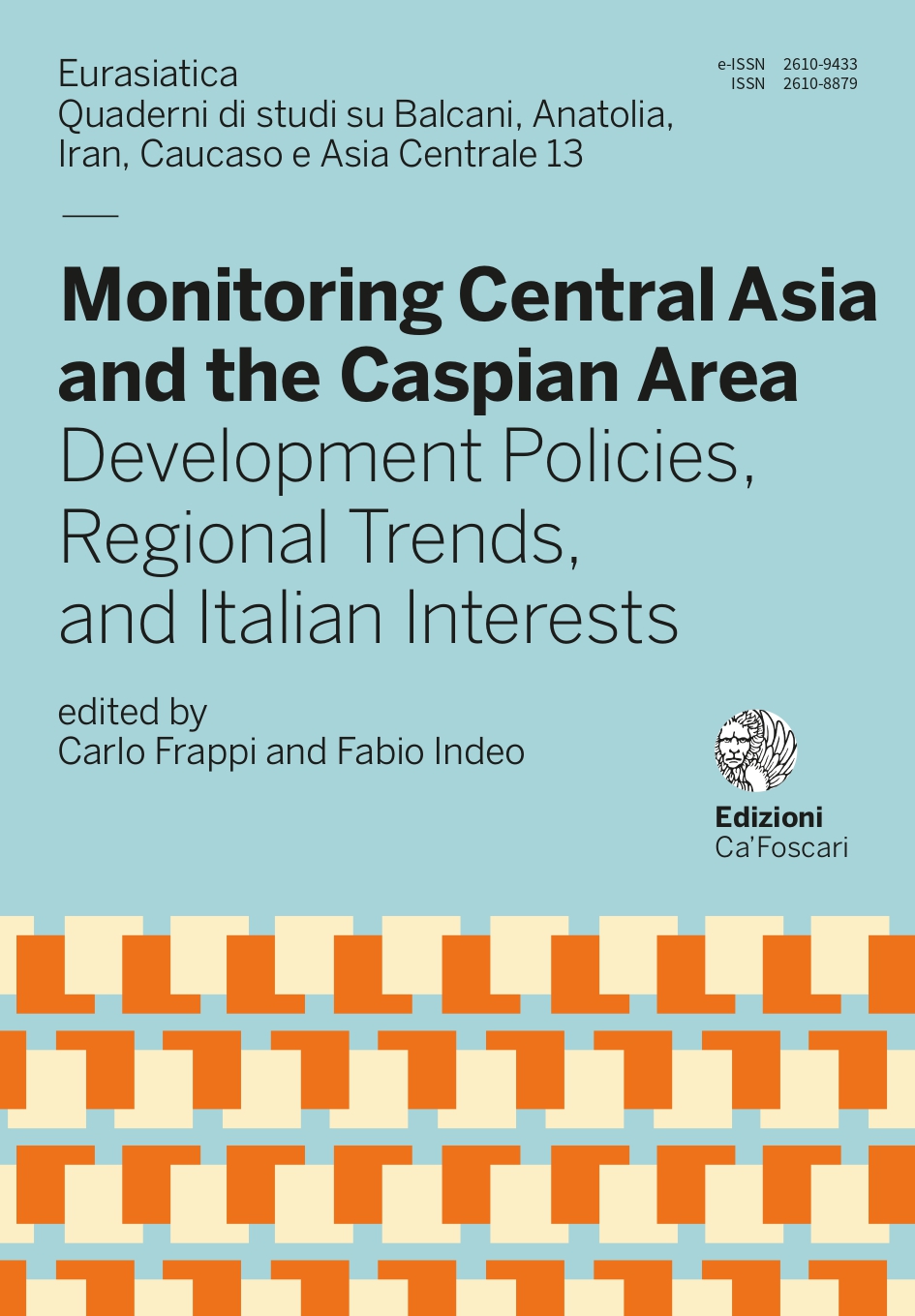 Multi-Vectoral' Central Asia, On the Other Side of Major Powers Agendas
Multi-Vectoral' Central Asia, On the Other Side of Major Powers Agendas
by Emilbek Dzhuraev, Faculty Member, OSCE Academy

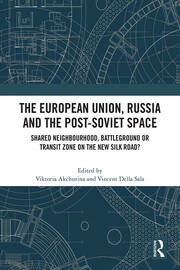
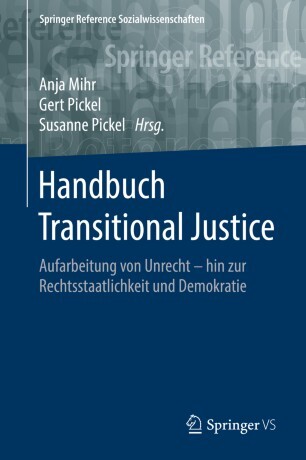 Handbuch Transitional Justice
Handbuch Transitional Justice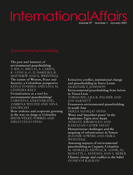
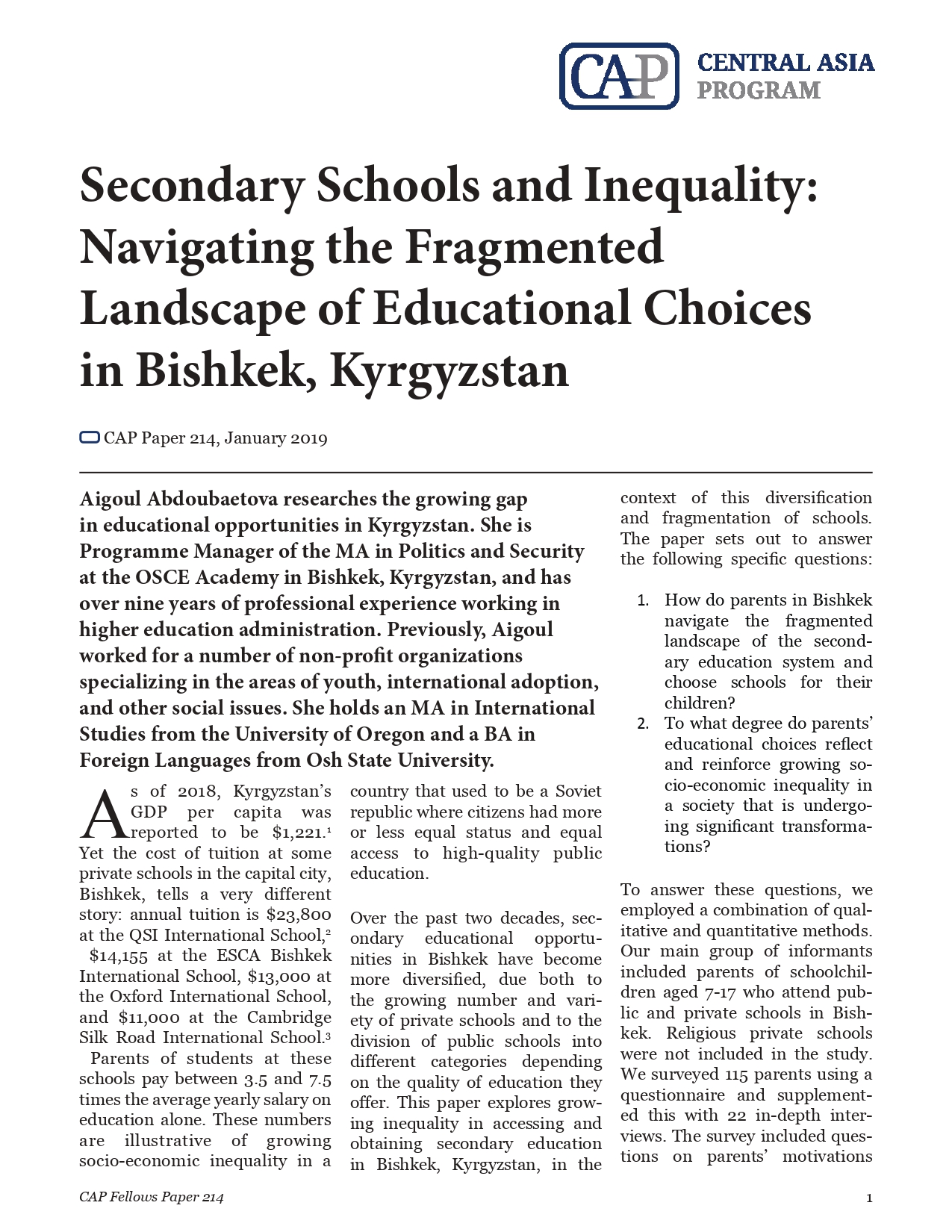

 Русская версия
Русская версия